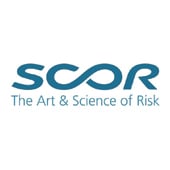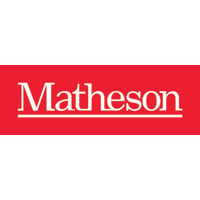

Director of legal affairs | SCOR Ireland




Colm O’Connor
Director of legal affairs | SCOR Ireland
What impact did Brexit have on the financial Industry in Ireland?
Brexit initially created a great deal of uncertainty within the financial services industry in Ireland and the wider EEA countries. For the Irish market, market access to the UK and potential divergence in regulatory rules were areas of focus for Brexit. As time has passed, financial service firms operating in Ireland have had the opportunity to operationalise effective contingency measures to address these points. Brexit has also been a driver for some international firms based in the UK to establish Irish operations to continue servicing EEA business. SCOR undertook the necessary legal analysis on the implications of Brexit, and SCOR’s operations in the Irish jurisdiction have grown in recent years with the authorisation of a second reinsurance company.
In what ways do you see the in-house legal role evolving in your region over the next few years?
The in-house legal function will increasingly adopt legal tech solutions. We already see private practice law firms using legal tech for due diligence and client billing for transparency matters. These technology tools and its various uses within in-house legal teams will grow exponentially.
In addition, the growth in regulation of certain sectors of the economy will see an increased role for in-house counsel when it comes to structuring of deals and fulfilment of a more integrated role within the companies. Some people view in-house counsel as just the functional provider of legal advice, others as the conscience of the business or even an executive decision maker. It is important that in-house counsel continue to recognise their responsibilities as independent providers of legal advice within an organisation thereby protecting the company. However, in tandem with this role, in-house counsel needs to develop relationships within an organisation to ensure their advice is provided effectively.
As we enter the next decade, what skills will a corporate legal team need to succeed in the modern in-house industry?
The skillset of in-house legal teams will need to adapt to the evolution of the general economy. Exponential growth of data, the internet of things, blockchain and cryptocurrencies all herald a paradigm shift in the business environment and practice. The modern in-house counsel should be in a position which is proactive as opposed to reactive, when it comes to developing the know-how and capabilities to address these changes to the benefit of the business.
In-house counsel will need to adapt to increased regulation of the economy. This will present a dilemma with regards to the structuring of legal teams and consequent skillsets required. There seems to be a trend towards moving away from hierarchical structures to more flat structures within legal teams. In addition, the complexity behind modern law requires in-house lawyers to have a more generalist skill set which covers many areas of the law, as opposed to specialisation.